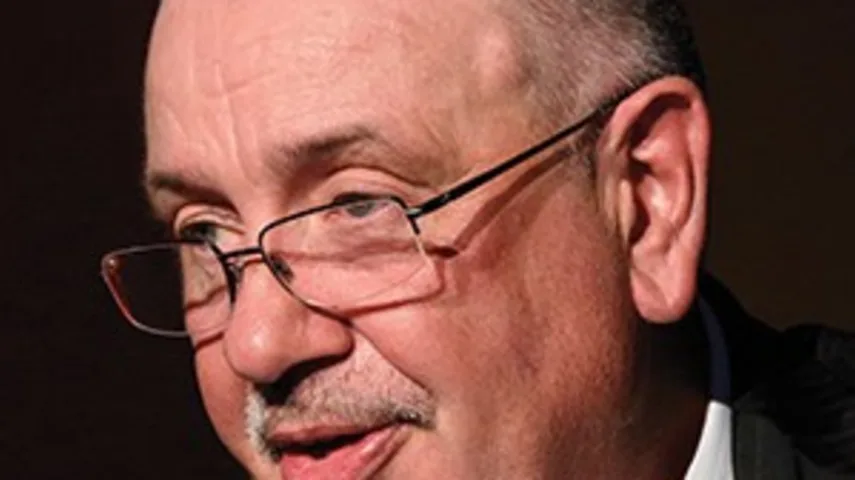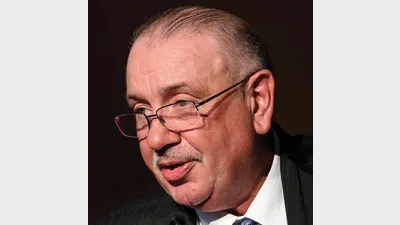Time for the super grandstanders to sit down



In a recent online interview, the Assistant Minister for Superannuation, Financial Services and Financial Technology, Senator Jane Hume, gave the appearance of being somewhat equivocal about the future of the superannuation guarantee (SG) and whether it would ultimately rise to 12% as currently timetabled.
The Assistant Minister made the point that the rise had been legislated but, in doing so, appeared to leave open the question of whether the Morrison Federal Government would ultimately deliver on the increases much beyond the next rise to 10%.
The minister’s comments came at the same time as a number of Government backbenchers have continued to agitate for changes to the superannuation regime, not least the compulsory nature of the SG and the possibility that the Government’s hardship early release regime should be extended beyond the existence of the COVID-19 pandemic.
Little wonder, then, that State Street’s 2020 Global Retirement Reality Report pointed, in part, to Australians feeling less confident about their retirement plans not only because of the undoubted negative impact of COVID-19 on account balances but because of the continued confusing messaging around superannuation generally.
This is a far cry from the attitude of the Coalition Government when it came to power under Tony Abbott in 2013 when the messaging around superannuation was that there would be no tinkering and no unnecessary adverse changes.
Now, barely days out from the Treasurer, Josh Frydenberg, receiving the report of the Retirement Income Review panel, he has a range of backbenchers sending strident messages about significant future changes to superannuation and a junior minister whose statements must be regarded as, at best, equivocal.
Right now, the Government’s priority should be on dragging the Australian economy out of a deep recession while, at the same time, phasing out the much-needed support it directed towards business in the former of JobKeeper Mks I and II and other key measures.
While this is going on, the last thing the economy needs is the injection of unnecessary doubt on the future of superannuation as a retirement incomes savings vehicle. What is needed in the midst of a recession is certainty.
If the Government, for whatever reasons, believes the economy cannot sustain increases in the SG beyond the existing 9.5% it should say so, and amend the legislation such that the timetable for the increases is delayed.
The Government should also closely examine the recommendations of the Retirement Income Review panel and determine whether, in all the circumstances, a pandemic-induced recession is the right time to be pursuing radical changes to the nation’s retirement income regime.
The Government should be conscious of the need to instil confidence, not undermine it. Thus, Frydenberg would do well to prevail upon his backbenchers to curb their rhetoric around the future of superannuation until the economy moves more clearly back into growth – something which will likely take right up until the next Federal Election.
Notwithstanding the fact that superannuation fund returns finished the financial year in surprisingly positive territory, it will likely take at least a year before many pre-retirees see their balances returning to levels which give them sufficient confidence to retire. In the interim, those people should be allowed some policy certainty.
There will be time enough for backbenchers to politically grandstand when they can show how their Government has succeeded in placing Australia back on the road to recovery.
Recommended for you
In this episode of Relative Return Insider, host Keith Ford and AMP chief economist Shane Oliver unpack the RBA’s decision to keep the cash rate on hold in the face of rising inflation and whether the governor’s hawkish tone is a sign of things to come.
In this episode of Relative Return Insider, host Keith Ford and AMP chief economist Shane Oliver discuss the September quarter GDP figures, which show Australia’s economy regaining momentum.
In this new episode of The Manager Mix, host Laura Dew speaks to Haley Devine, head of wealth management at MaxCap Group, to delve into private credit and commercial real estate.
In this new episode of The Manager Mix, host Laura Dew speaks to Benjamin Leung, head of systematic investments at Macquarie Asset Management, to understand the use of systematic investments.







